23 Septiembre 2017/UNESCO
Durante este mes, la UNESCO y los cinco países beneficiarios del proyecto Mejor Educación para el Renacer de África (BEAR II) – Etiopía, Kenya, Madagascar, Uganda y República Unida de Tanzania – organizarán diferentes talleres de validación de dos días de duración como conclusión de la fase de planificación a escala nacional.
Este proyecto es la segunda fase de una iniciativa conjunta de cinco años de duración entre la UNESCO y la República de Corea que tiene como objetivo el reforzamiento de los sistemas nacionales de Educación y Formación Técnica y Profesional (EFTP) en los países africanos escogidos con miras a aumentar las posibilidades de trabajo decente y el espíritu empresarial entre los jóvenes.
En esta segunda fase del proyecto BEAR, los países beneficiarios son Etiopía, Kenya, Madagascar, Uganda y la República Unida de Tanzania. Durante los talleres, la UNESCO compartirá con los interlocutores nacionales las conclusiones de sus misiones de evaluación recientes y propondrá determinadas intervenciones que se inscriben en el ámbito de la Estrategia para la EFTP (2016-2021), a la vez que presentará los objetivos y la dimensión del proyecto.
En el marco de los talleres de validación se propondrán y se debatirán intervenciones específicas en materia de EFTP en los sectores escogidos y prioritarios, y se brindará también una plataforma para establecer sinergias entre las diferentes partes interesadas con el objetivo de garantizar un proceso de consultas inclusivo y su apropiación por los países. Entre los participantes figuran los ministerios interesados, las autoridades del ámbito de la EFTP, los establecimientos de este ámbito, los centros de capacitación profesional y las empresas.
La relevancia, la calidad y la percepción de los sistemas nacionales de la EFTP serán los tres ámbitos fundamentales de intervención y objeto de debates en el marco de grupos de trabajo. Asimismo, los talleres de validación determinarán las sinergias que el proyecto BEAR II podría generar como complemento de las intervenciones ya existentes.
Acerca del proyecto BEAR II
La primera fase del proyecto BEAR colaboró con la República Democrática del Congo, Botswana, Malawi, Namibia y Zambia.
De conformidad con el Objetivo de Desarrollo Sostenible en materia de educación y la Agenda 2030 de Educación, el proyecto BEAR II procura mejorar la relevancia de los sistemas EFTP en África Oriental a fin de aumentar las oportunidades de acceso a un trabajo decente por parte de los jóvenes y crear empleos independientes.
Las intervenciones BEAR II harán hincapié en sectores específicos, cuidadosamente escogidos en cada uno de los países beneficiarios en consonancia con su potencial en la creación de empleos. El proyecto apoya los esfuerzos realizados con miras a actualizar los programas de enseñanza, la formación del personal docente y el compromiso de los empresarios y empresas en favor de la creación de sistemas nacionales de la EFTP más relevantes.
El proyecto BEAR contribuye a los esfuerzos a escala mundial destinados a poner en práctica la Agenda 2030 de Educación, la Estrategia Continental de Educación para África (2016-2025) y la Estrategia para la EFTP (2016-2021) de la UNESCO.
Fuente: http://es.unesco.org/news/proyecto-mejor-educacion-renacer-africa-organiza-talleres-validacion-cinco-paises
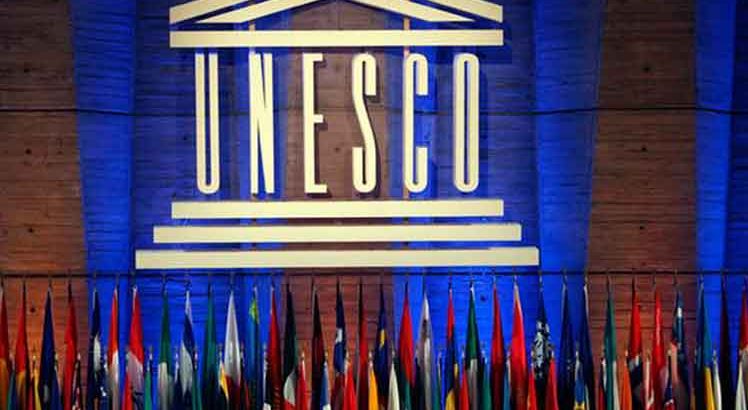
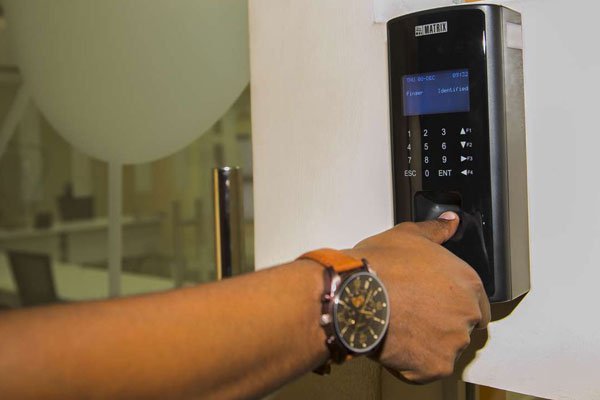
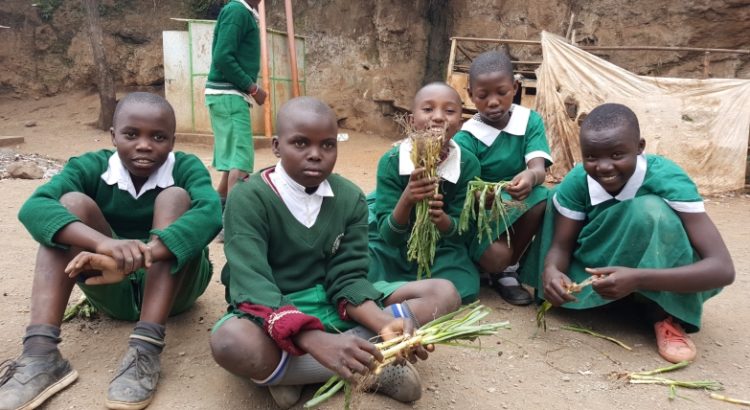


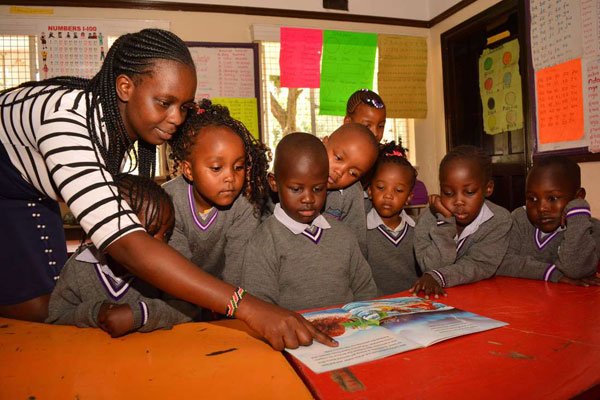
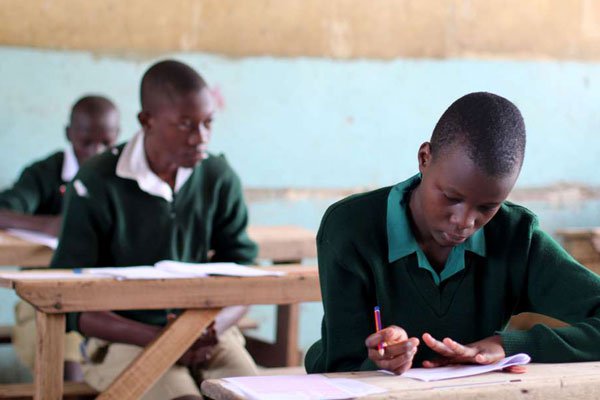






 Users Today : 25
Users Today : 25 Total Users : 35460156
Total Users : 35460156 Views Today : 39
Views Today : 39 Total views : 3418822
Total views : 3418822